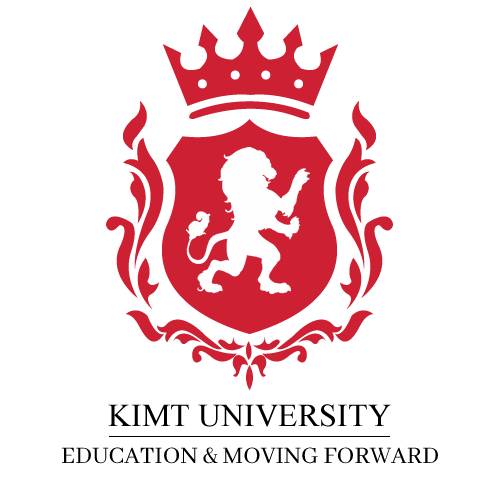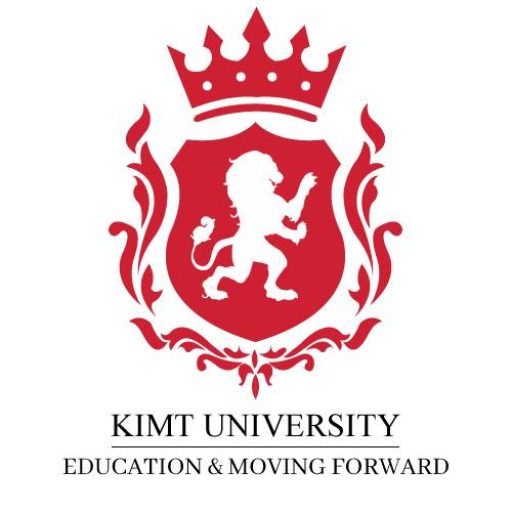
Entry Requirements
Higher Secondary/A Level
Study Mode
Online
Duration
3 years (Regular)/15 months (Fast track)
Timetable
Various
Key Features & Benefits
- Comprehensive Curriculum: Covers key areas including mechanical design, fluid mechanics, materials engineering, and automation.
- Global Standards: Aligned with Georgian, EU, UK, and US educational frameworks.
- Industry-Relevant Skills: Prepares students for real-world engineering challenges through practical applications and projects.
- Flexible Online Learning: Designed for working professionals and international students.
- Capstone Project: Allows students to apply their knowledge to a real-world engineering problem.
- Expert Faculty: Learn from industry professionals and academic experts.
The BSc in Mechanical Engineering program is designed to provide students with a strong foundation in mechanical systems, thermodynamics, materials science, and manufacturing processes. The curriculum blends theoretical knowledge with practical applications, equipping graduates with the skills necessary to design, analyze, and innovate in the field of mechanical engineering. The program emphasizes problem-solving, critical thinking, and hands-on experience to prepare students for careers in industries such as automotive, aerospace, energy, and manufacturing.
Upon successful completion of the program, graduates will be able to:
- Demonstrate a strong foundation in mechanical engineering principles.
- Apply problem-solving techniques to engineering challenges.
- Develop proficiency in designing and analyzing mechanical systems.
- Utilize modern engineering tools for innovation and research.
- Exhibit leadership and teamwork skills in engineering projects.
- Understand and implement sustainable engineering practices.
- Applicants to the degree programme must have successfully completed, and must have normally achieved a high school diploma or equivalent qualification.
- Background in mathematics and physics is recommended.
- Applicants who have obtained a Higher National Diploma of equivalent content and standard (level and credits) from another institution will be considered for admission to Stage 3 (top up BSc) under the Recognition of Prior Learning Policy. Such applicants may apply for exemptions to some or all of Stages 1, 2 and directly eligible to apply BSc Top up. They must have completed a minimum of 240 credits (or equivalent) at HND level (Level 4/5 at RQF Level) in equivalent mechanical engineering content and similar level of credits) of relevant accredited prior learning. Such candidates must supply all supporting documentation at the time of application.
The BSc in Mechanical Engineering program consists of 180 credits, divided into core, elective courses and a final-year project report. Each subject is worth 6 credits, while the capstone project report accounts for 18 credits. The course structure is as follows:
Summary of Courses
- Core Courses: 24 subjects (144 ECTS)
- Project Report: 1 subject (18 ECTS)
- Elective Courses: 3 subjects (18 ECTS)
What you will Study
- Engineering Mathematics I
- Engineering Physics
- Fundamentals of Mechanical Engineering
- Engineering Drawing and CAD
- Thermodynamics I
- Material Science and Metallurgy
- Engineering Mathematics II
- Fluid Mechanics
- Strength of Materials
- Thermodynamics II
- Manufacturing Processes
- Applied Mechanics
- Machine Design
- Heat and Mass Transfer
- Mechanical Vibrations
- Computer-Aided Design (CAD)
- Instrumentation and Measurements
- Power Plant Engineering
- Mechatronics
- Renewable Energy Systems
- Robotics and Automation
- Advanced Manufacturing Systems
- Elective course I
- Elective course II
- Elective course III
- Engineering Economics
- Industrial Engineering
- Final Year Engineering Project
Elective Courses
Students can choose 3 elective courses from the following options:
- Computational Fluid Dynamics
- Automotive Engineering
- Aerospace Engineering
- Nanotechnology
- Finite Element Analysis
- Biomechanics
To successfully complete the BSc in Mechanical Engineering, students are expected to:
- Dedicate approximately 15-20 hours per week to coursework, including readings, assignments, and discussions.
- Actively participate in online forums, webinars, and collaborative projects.
- Complete all assignments, exams, and the capstone project within the stipulated deadlines.
- Maintain regular communication with faculty and peers to enhance learning outcomes.
- Exhibit strong self-discipline and time-management skills to balance studies with other commitments.
- 90% Assignments
- 10% Presentation and viva
- At the end of the program each student also submits a research project paper
All of the following items must be submitted on or before the application closing date. They may be submitted online.
- CV (maximum 2 pages).
- Passport size photograph
- A personal statement of approximately 350 – 400 The personal statement should focus on the applicant’s interest in Mechanical Engineering, how they expect the programme will impact on their career and how they plan to balance their work, life and study commitments.
- Copies of O/A Level certificate (or equivalent) certificate diploma or degree parchments, as well as transcripts of associated
- Applicants whose first language is not English must submit the original certificate of completion of an English
Students apply to the KIMT online application system. To apply, simply click on and follow the instructions. A non-refundable application fee applies. The application fee is paid online. Further information about applications, contact at admissions@kimtuniversity.com
Request a Follow-Up
Career Opportunities
Graduates of this program will be prepared for leadership roles in areas such as:
- Mechanical Design Engineering
- Automotive and Aerospace Industries
- Manufacturing and Production Engineering
- Energy and Renewable Systems
- Robotics and Automation
- Research and Development
The program is accredited by



